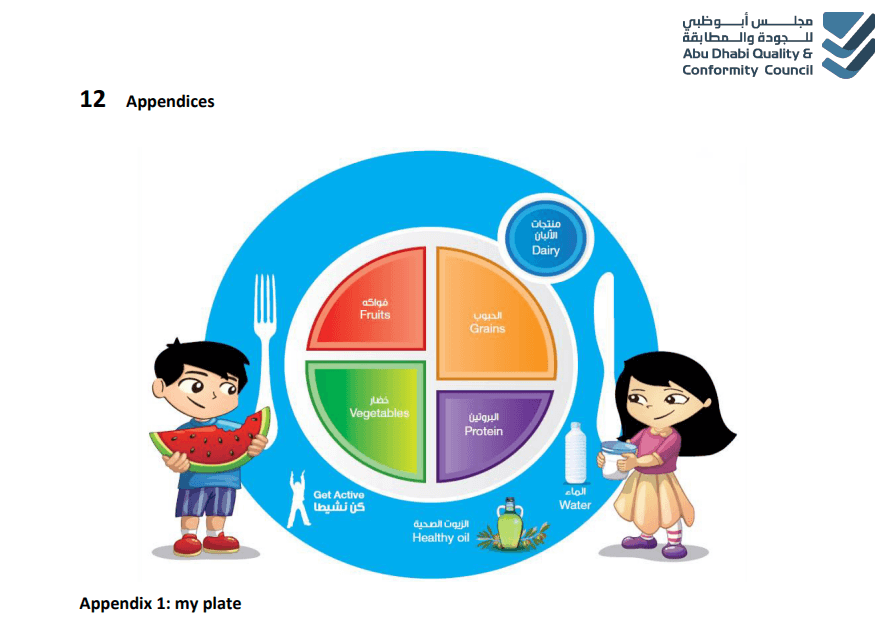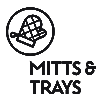Fueling Recovery: The Vital Role of Therapeutic Diets in Healthcare Management

The Vital Role of Therapeutic Diets in Healthcare Management
Understanding Therapeutic Diets
In the realm of managing health conditions especially in-patient, therapeutic diets stand as pivotal tools. These diets aren't just about eating healthy; they are meticulously structured to address specific health concerns and play a significant role in improving overall well-being. These diets must be nutritionally adequate and focused on every patient’s specific condition. That way these diets provide the essential ability to treat and mitigate health issues effectively.
From addressing renal problems to promoting heart health, therapeutic diets are instrumental in positively impacting various health conditions. They aren't one-size-fits-all solutions but rather personalized nutritional plans designed to meet specific health needs.
What Are Therapeutic Diets?
According to Dr. Elena Fenske, Naturopathic Doctor In Vancouver, BC, “A therapeutic diet is a plan that controls the intake of certain foods or nutrients. It is usually a modification of a person’s regular diet, tailored to fit the nutrition needs, guided by a naturopathic doctor. A therapeutic nutrition diet can help with diseases like diabetes, high blood pressure, cardiovascular diseases, and obesity and can potentially slow down the progress or prevent many other types of illnesses. “
As diet and health share an inseparable bond, what we consume directly affects our body's functions, impacting energy levels, organ health, and overall wellness. A well-balanced therapeutic diet can regulate blood sugar levels, manage blood pressure, and even reduce the risk of complications in chronic conditions.
Following a prescribed therapeutic diet under medical guidance is imperative. It ensures that the dietary changes are tailored to individual health needs, minimizing the risk of aggravating health conditions or nutrient imbalances. Medical supervision also enables adjustments as necessary, ensuring optimal health management.
Common Types of Therapeutic Diets:
There exists a spectrum of therapeutic diets, each tailored to address specific health concerns. Let's explore some prominent types:
A. Renal Diet:
Depending on whether or not the patient is undergoing dialysis, protein needs may increase due to losses during the process. Adjusting intake becomes crucial, necessitating individualized dietary management to maintain optimal health and kidney function.
B. Cardiac Diet:
Focusing on heart health, a cardiac diet aims to reduce risk factors linked to cardiovascular diseases. Guidelines typically emphasize controlling cholesterol, saturated fat, sodium, and
overall caloric intake. Catering in line with heart-healthy principles involves offering dishes low in trans fats, using healthier cooking methods, and incorporating ample fruits, vegetables, and whole grains.
C. Diabetic Diet:
Tailored for individuals with diabetes, this diet centers on managing blood sugar levels. It involves controlling carbohydrate intake, prioritizing whole grains, fruits, vegetables, and healthy fats. Catering for diabetic individuals involves offering balanced meals with low glycemic index foods and avoiding excessive sugars and refined carbohydrates.
D. Low FODMAP Diet:
Primarily used for managing irritable bowel syndrome (IBS), this diet restricts fermentable carbohydrates that cause digestive discomfort. Catering in this realm involves being mindful of ingredients that might trigger symptoms, focusing on low FODMAP options such as certain fruits, vegetables, and grains.
E. Celiac Disease:
Essential for those with celiac disease or gluten intolerance, this diet avoids gluten-containing foods like wheat, barley, and rye. Catering companies need to ensure menu items are entirely gluten-free and prevent cross-contamination.
F. Enteral and Parenteral Nutrition:
These specialized methods involve delivering nutrients directly to the digestive system (enteral) or intravenously (parenteral) for individuals who cannot eat conventionally. Catering may not directly apply here but understanding these nutritional needs is essential for healthcare facilities.
G. Post Surgery:
These cater to individuals with swallowing difficulties, offering various textures like minced, pureed, or soft foods. Catering companies can create dishes aligned with these textures to aid safe swallowing.
H. Weight Management Diets:
Tailored for weight loss or gain, these diets emphasize balanced nutrition to achieve specific health goals. Catering companies can offer portion-controlled meals with nutrient-dense ingredients to support these objectives.
NutriCal, GCC's only nutrition analysis software ensures two aspects to support catering companies, nutritionist, dietitians and other professionals in this field - a strong localized database covering regional items and covering essential verified micronutrient information that otherwise is not readily available. Our tool serves as an easy to use, reliable tool for patient menu planning.
Finally, it's important to note that while this guide offers insights into therapeutic diets, none of the data presented here should be construed as medical advice. When making decisions about nutrition or the quality of food served to patients in treatment, seeking validation and guidance from healthcare professionals or registered dietitians is imperative.
#TherapeuticDiets #HealthcareNutrition #DieteticsManagement #HospitalCatering #PrecisionNutrition #WellnessJourney #NutritionalTherapy #CulinaryMedicine #MedicalNutrition #HolisticHealthcare #HospitalFood #ClinicalNutrition #InpatientMeals
Government Partnership
Coming Soon
Frequently Asked Questions
NutriCal provides comprehensive nutritional analysis beyond calorie counts, encompassing allergens, meal types, and customized food labels. You can also effectively manage recipes, tailor menus, and generate insightful reports.
NutriCal is an online platform accessible from anywhere with an internet connection. Our services have a global reach, with a strong focus in the GCC region.
NutriCal collaborates with a diverse range of establishments, including food brands, suppliers, retail chains, and restaurants in the GCC.
Absolutely! NutriCal offers a complimentary trial period. Reach out to us to initiate your trial experience on our platform.
For detailed pricing information, please get in touch with our dedicated sales team. Our pricing plans are flexible and tailored to suit your specific business requirements.
We provide both monthly and annual subscription plans, granting you the choice to select the payment option that aligns best with your preferences.
NutriCal allows seamless integration of missing ingredients through credible data sources, ensuring a complete and personalized database.
NutriCal's data originates from reputable sources such as USDA and undergoes rigorous theoretical analysis, ensuring utmost precision in nutritional calculations.


















